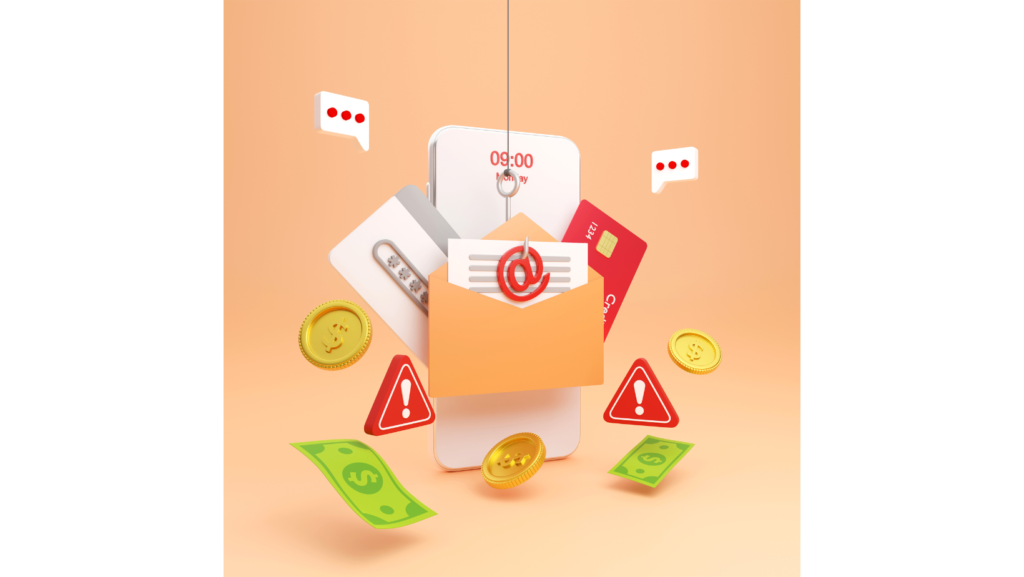Cryptocurrency has become increasingly popular in recent years, but with its rise in popularity comes the risk of falling victim to scams. In this article, we’ll explore some of the most common cryptocurrency scams and provide tips on how to avoid them.
Types of Cryptocurrency Scams

Ponzi Schemes
One of the most well-known cryptocurrency scams is the Ponzi scheme, where investors are promised high returns on their investments but are paid with the money from new investors rather than actual profits.
Phishing Attacks
Phishing attacks involve scammers posing as legitimate organizations to trick individuals into providing sensitive information such as passwords or private keys.
Fake ICOs
Fake Initial Coin Offerings (ICOs) lure investors with promises of revolutionary new cryptocurrencies, only to disappear with investors’ funds once the ICO is over.
Pump and Dump Schemes
Pump and dump schemes involve artificially inflating the price of a cryptocurrency through misleading statements or promotions, then selling off the inflated assets for a profit before the price crashes.
Malware and Ransomware
Malware and ransomware attacks target cryptocurrency users by infecting their devices and encrypting their data until a ransom is paid in cryptocurrency.

Warning Signs of Cryptocurrency Scams
Recognizing the warning signs and red flags of cryptocurrency scams is essential for protecting yourself from falling victim. Some common warning signs include:
- Unrealistic promises of high returns with little to no risk
- Lack of regulation or oversight
- Pressure to act quickly without proper research
- Unsolicited communication from unknown individuals or organizations
Tips for Avoiding Cryptocurrency Scams

While watching out for the crypto scam red flags we outlined above can help you avoid trouble, there are other steps you can take to protect your digital assets.
Here are some tips to help you stay safe:
- Conduct thorough research and due diligence before investing in any cryptocurrency project.
- Use reputable cryptocurrency exchanges with strong security measures in place.
- Secure your cryptocurrency wallets with strong passwords and two-factor authentication.
- Be skeptical of unsolicited offers or investment opportunities that seem too good to be true.
What to Do If You’ve Been Scammed
If you’ve fallen victim to a cryptocurrency scam, it’s essential to take action immediately. Here are some steps you can take:
Cease Further Transactions
Stop any further transactions or investments with the scammer immediately to prevent additional losses.
Document Everything
Gather all relevant documentation, including emails, messages, transaction records, and any other evidence related to the scam.

Report the Scam
Report the scam to the appropriate authorities, such as local law enforcement, financial regulators, or consumer protection agencies. Provide them with all the evidence you have gathered.
Contact Your Financial Institution
If you made payments or transactions through a bank or payment processor, contact them to report the scam and inquire about potential chargebacks or refunds.
Seek Legal Advice
Consider consulting with a lawyer who specializes in cryptocurrency and financial fraud to explore your legal options and determine the best course of action for recovering your funds.
Warn Others
Help prevent others from falling victim to the same scam by sharing your experience and warning friends, family, and online communities about the scammer.
Stay Informed
Stay informed about the latest scams and fraud trends in the cryptocurrency industry to better protect yourself in the future.
Remember, recovering funds lost to cryptocurrency scams can be challenging, but taking swift and decisive action can help increase your chances of minimizing losses and holding the scammers accountable.
Final Thoughts on Cryptocurrency Scams
As the popularity of cryptocurrency continues to grow, so too does the prevalence of cryptocurrency scams.
By staying informed about the common types of scams and following the tips outlined in this article, you can protect yourself from falling victim to fraud in the digital currency landscape.
Frequently Asked Questions
Look for information about the project team, the technology behind the project, and any partnerships or endorsements from reputable organizations.
Delete the message and report it as spam or phishing to the appropriate authorities.
Conducting thorough research and exercising caution can significantly reduce your risk of falling victim to scams.
In some cases, it may be possible to recover funds through legal action or assistance from law enforcement agencies, but success is not guaranteed.
Follow reputable cryptocurrency news sources and regulatory agencies for updates on emerging scams and warnings.





